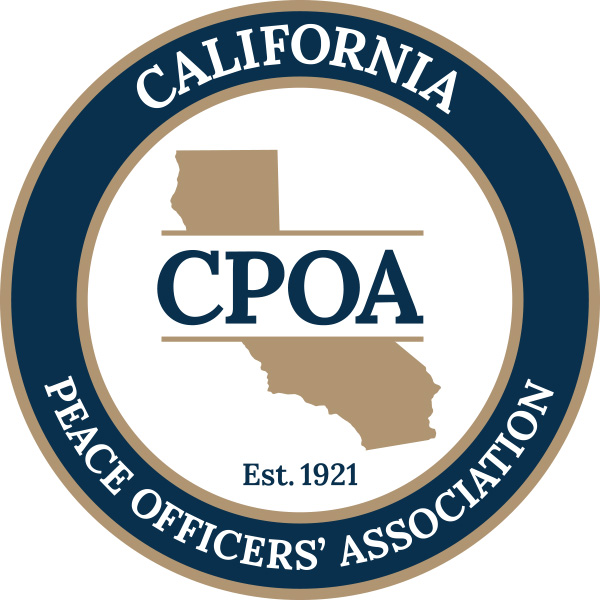Provided by CPOA Legal Counsel, Gregory P. Palmer and Veronica R. Donovan, Jones & Mayer
On October 8, 2019, Governor Gavin Newsom approved Assembly Bill 1600 (“AB 1600”) to amend California Evidence Code Sections 1043 and 1047 related to motions to discover peace officer or custodial officer personnel records, more commonly known as Pitchess motions. The amendment effectively shortens notice requirements and accelerates the timeframe for responding to such motions in criminal actions. The bill also creates an exception to existing law prohibiting the disclosure of the personnel records of peace officers, including supervisorial officers, who were not a party to the “fracas”. These amendments will take effect January 1, 2020.
Changes to the California Evidence Code
California Evidence Code Section 1043(a) prescribes the timeframes in which Pitchess motions are to be noticed, served and filed, in addition to when papers opposing a motion and reply papers are to be filed. AB 1600 modifies these timing requirements for Pitchess motions filed in criminal proceedings only and will closely resemble California Rule of Court, Rule 4.111 Pretrial motions in criminal cases. Evidence Code Section 1043(a)(2) will provide that Pitchess motions must be served and filed at least 10 court days before the hearing. Additionally, all opposing papers shall be filed at least 5 court days, and all reply papers at least 2 court days, before the hearing.
California Evidence Code Section 1047 provides that records of peace officers or custodial officers, including supervisorial officers, who either were not present during the arrest or had no contact with the party seeking the disclosure from the time of the arrest until the time of booking, who were not present at the time the conduct at issue is alleged to have occurred within a jail facility, would not be subject to disclosure. AB 1600 amends Section 1047 to provide an exception to the exception if a supervisorial officer whose records are being sought had direct oversight of a peace officer or custodial officer and issued command directives or had command influence over the circumstances at issue. If these prerequisites are met, the supervisorial officer’s records shall be subject to disclosure pursuant to Section 1045 if: 1) the peace officer or custodial officer under supervision was present during the arrest; 2) had contact with the party seeking disclosure from the time of the arrest until the time of booking; or 3) was present at the time the conduct at issue is alleged to have occurred within a jail facility.
Changes to the California Code of Civil Procedure
AB 1600 will amend Code of Civil Procedure Section 1005(a)(6) by removing Pitchess motions filed in criminal proceedings from the current 16 court day notice requirements. Pitchess motions filed in criminal proceedings will be required to follow the shortened notice and filing requirements California Evidence Code Section 1043(a), as amended by AB 1600.
HOW THIS AFFECTS YOUR AGENCY
As of January 1, 2020, agencies will have 6 fewer court days’ notice of a Pitchess motion filed in a criminal proceeding. Not only does the agency have much less notice, but the attorney handling these motions for the agency has 4 fewer court days to oppose the motion. Additionally, the peace officer or custodial officer whose records are being sought has days fewer notice to hire an attorney of their own, if they wish. Therefore, it is imperative that your agency inform its Pitchess attorney of a noticed Pitchess motion, deliver the documents served on the agency to the attorney, and notify the affected officer(s) immediately. Failing to do so may result in waiving any opposition to the Pitchess motion if the opposition is not timely filed and the potential unwarranted disclosure of confidential peace officer personnel records.
Under California Code of Civil Procedure Section 1005, notice and filing requirements for Pitchess motions in civil proceedings will not change. Pitchess motions in civil cases will still be required to be filed and served at least 16 court days before the hearing, while oppositions must be filed at least 9 court days before the hearing and replies must be filed at least 5 court days before the hearing.
As always, if you wish to discuss this matter in greater detail, please feel free to contact Gregory P. Palmer at (714) 446–1400 or via email at gpp@jones-mayer.com.
Information on www.jones-mayer.com is for general use and is not legal advice. The mailing of this Client Alert Memorandum is not intended to create, and receipt of it does not constitute, an attorney-client-relationship.


